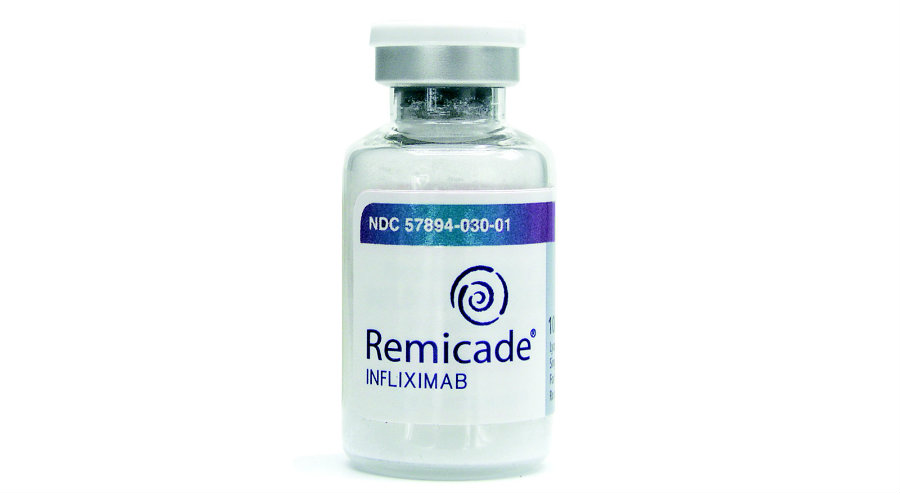J&J says ready to fend off Remicade competitor

Johnson & Johnson has come out fighting after Pfizer announced yesterday that it is ready to launch a biosimilar competitor to its blockbuster Remicade.
J&J said it had a “biosimilar readiness plan” in place to thwart Pfizer's attempt to steal sales from Remicade (infliximab), with its cheaper, near-copy competitor.
Remicade is J&J's biggest selling drug, with Q3 data showing sales of almost $1.8 billion, up more than 10% on the same period last year.
Most of the sales are based in the US as the drug is marketed in Europe by MSD and the companies split profits. In Europe, several biosimilar competitors are now approved and have now seized the lion's share of prescribing in many markets.
J&J insists it has an advantage because Pfizer's version of the drug, known as Inflectra, will not be interchangeable with the original in the US.
Pfizer yesterday made great play of the data from the NOR SWITCH study, which confirms interchangeability based on clinical data gathered in Norway, one of the first countries to use the biosimilar.
Although the main Remicade patent expired this year, J&J has also put up legal defences that could delay any launch.
The first ever US-approved biosimilar approved is Zarxio, Sandoz's version of Amgen's Neupogen (filgrastim) white blood cell stimulator. However it has captured only around 7% of the market since approval last year, and J&J expects a similar impact should Pfizer manage to launch its rival
Joaquin Duato, J&J's worldwide chairman of pharmaceuticals, said in a Q3 results briefing with analysts: “We are fully prepared to executive a focused biosimilar readiness plan.”
“The appeals process is ongoing and we believe any commercial launch of a biosimilar remains 'at risk'”.
In countries such as Brazil, where there is already biosimilar competition, Remicade has maintained a 90% share by volume, said Duato.
However he did not mention the beating the originator has taken in Europe, where many patients have switched over to biosimilars.
He said: “With no biosimilar approved for interchangeability, Remicade's significant long-term safety data and strong advocacy from patients and clear physician preference means that 70% of patients who are stable on Remicade are highly unlikely to switch.”
In many cases Remicade is sold at a discount to the list price, Duato said, lessening the biosimilar's price advantage.
He noted that in the longer term, J&J 's sales of Simponi Aria (golimumab) continue to grow in rheumatoid arthritis.
The company has noted that s J&J has also filed sirukumab in the US and EU, a rheumatoid arthritis drug that works by inhibiting the inflammatory cytokine IL-6, instead of tumour necrosis factor like Remicade.
Company expects reported sales growth of 2-3% in 2016. In Q3, total sales were $17.8 billion, an increase of 4.2% compared with the same period last year.











